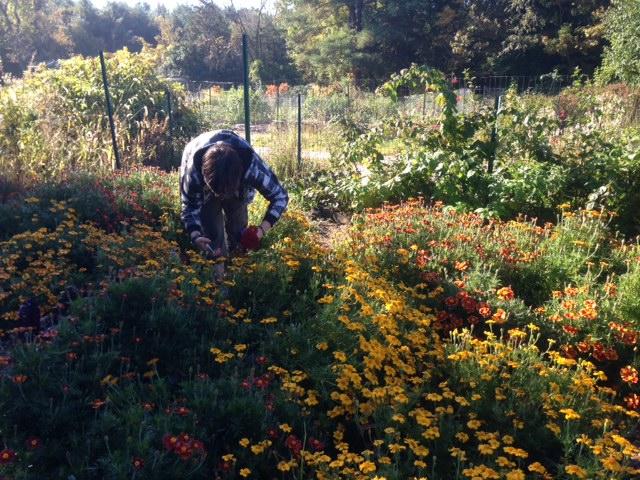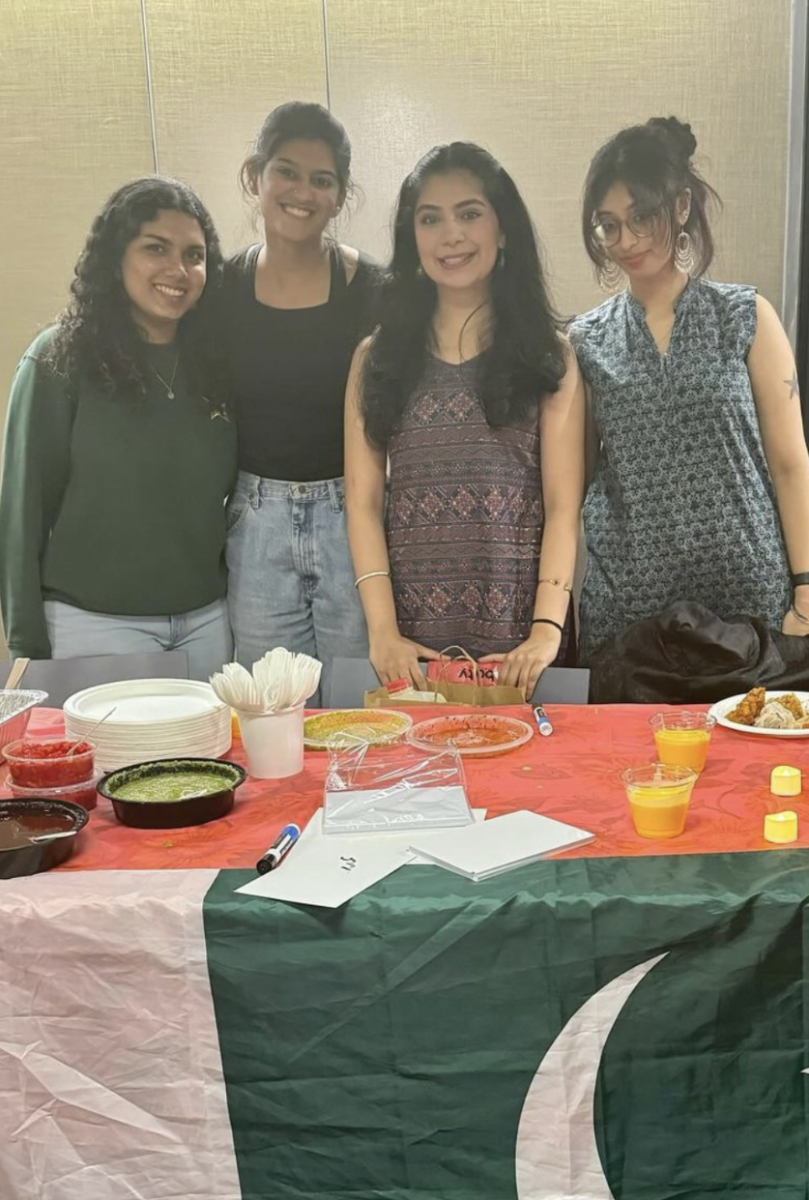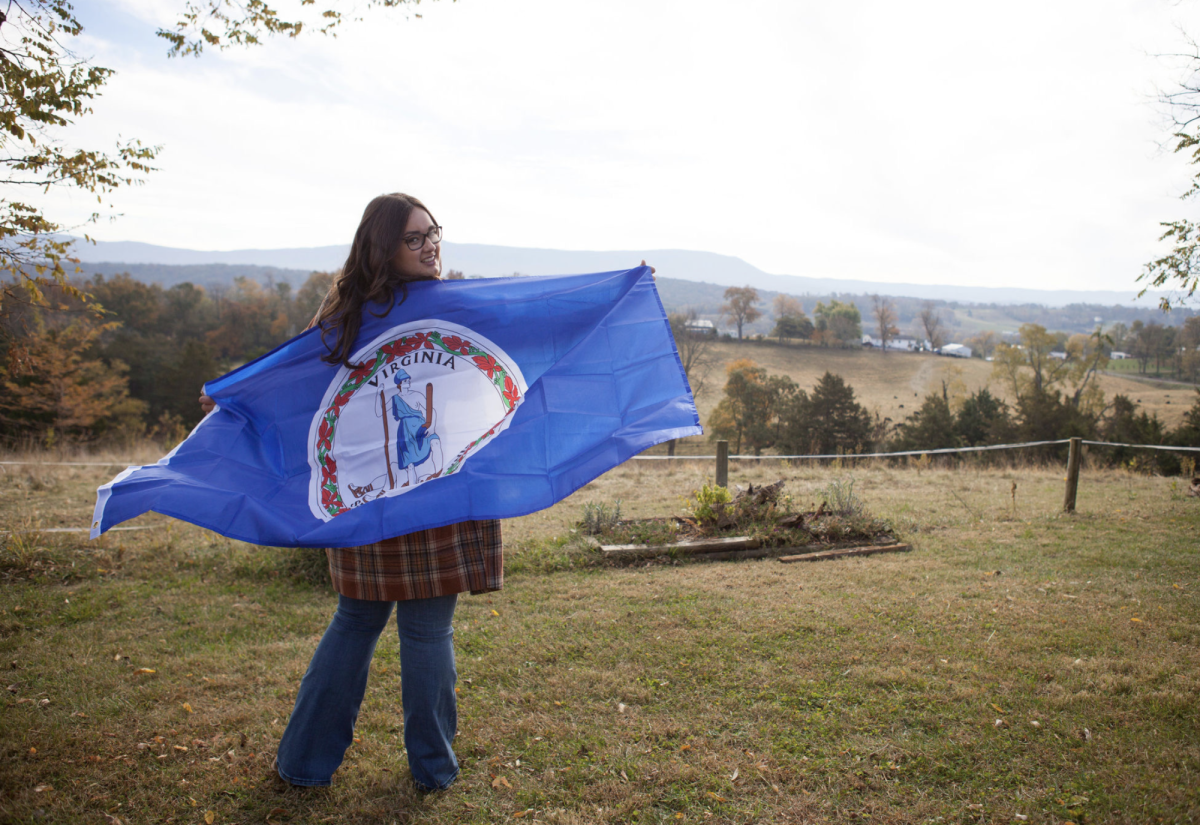In 2015, the town of Wellesley completed its purchase of the North 40—a 46-acre segment of land off Weston Road—from Wellesley College. The North 40 includes the Weston Road Community Gardens, land that the college had owned for 141 years, initially with the purpose of botany research. Over time, the college passed over the plots into the hands of town residents, and today, only a single portion of the land belongs to Wellesley students. The organization Regeneration has been gardening on its plot since 2007.
The Gardens are about a 10-minute walk from the Child Study Center, and they are easy to miss if you are not sure what you are looking for. The entrance is marked by two brown signposts. Regeneration’s plot is visible from the road, and compared with the other 80 plots in the Community Gardens, it is fairly large.
“We run a plot that is an eleventh of an acre, which is about 4,000 square feet. Our primary purpose is to take care of that plot and plant things in it,” Regeneration President and Co-Treasurer Johanna Leslie ’18 explained.
In the late spring, Regeneration plants anything from radishes to basil to raspberries. In the fall, members harvest what they have planted, and the rest of the year is spent taking care of the land in the plot. The town only turns on the water after the last frost, however, which is typically around mid-May, when most students are not on campus to plant.
“I was actually on campus this past summer, and there was a group of [Environmental Horticulture and Sustainable Agriculture] interns who were also going out there a few days a week, planting,” Co-Treasurer and Farm Manager Isabelle Raposo ’19 said.
Last summer, Raposo set up a paywhat-you-can farm stand over the summer for crops like arugula and other greens. Informal events like the farm stand over the summer also helped to attract new members to the organization. Raposo herself was partially inspired to become part of Regeneration when she ate a fresh-picked raspberry at an open meeting.
“I [had] gotten an amazingly warm community feeling at the open meeting, from the existing members who were there, and I was like: I should do this,” she said. “I went to my first plot trip, and someone handed me a raspberry from our raspberry vines, and I ate it, and I was like: alright, I’m joining this org.”
Though they are willing to try any kind of plant, the e-board said that herbs and dark leafy greens tend to work best because they can survive in colder weather. Some plants, like basil, can be used as cooking ingredients.
“Things like basil are also awesome because the window for harvesting is way longer,” Leslie said. “Almost every fall we do a pesto party.”
At the annual pesto party, Regeneration cooks lunch with the basil produced from its plot. In addition to the pesto party, the group also hosts a handful of events that are open to the entire Wellesley community. For example, its biggest event is the pickling party, which happened on March 17.
While the members of Regeneration have learned a lot about gardening while being part of the group, they stress that no experience is needed to join. Even Leslie and Raposo sometimes need to rely on the help of books and the internet.
“I spent a lot of time Googling: can I cut this down? How do I do that? This is getting overgrown. I learned that we somehow have to figure out how to prune the raspberries, which I’ve never done before. But we’re going to learn!” Leslie explained.
Even if they do mess something up, it is not the end of the world.
“It’s nice that if we make a mistake, it’s okay,” Raposo said. “Plants grow back. Even if we kill it, that’s also fine. No one is like depending on it to come up.”
This is even true for senior members, according to Leslie.
“Last year’s president Amy [Isabelle] walked in with zero gardening experience at all, and her reason for joining was that she just wanted to play in the dirt, which is what she would always say,” she said. “That’s a lot of what we do. We go, and we hang out, and we try to keep things from getting too overgrown, but… you’re going to learn on the job, and that’s ok.”
As the weather gets warmer, Regeneration will replace its weekly meetings with trips to the plot. Leslie has already visited the plot three times during the week after spring break and completed various tasks before planting season begins. For both Raposo and Leslie, getting off campus provides an enormous stress relief, and they love being part of a small, close-knit community. It was one of the reasons they joined Regeneration in the first place.
“I was excited about the prospect of like getting off campus a little bit, and not thinking about school for however long I was out there,” Raposo explained.






